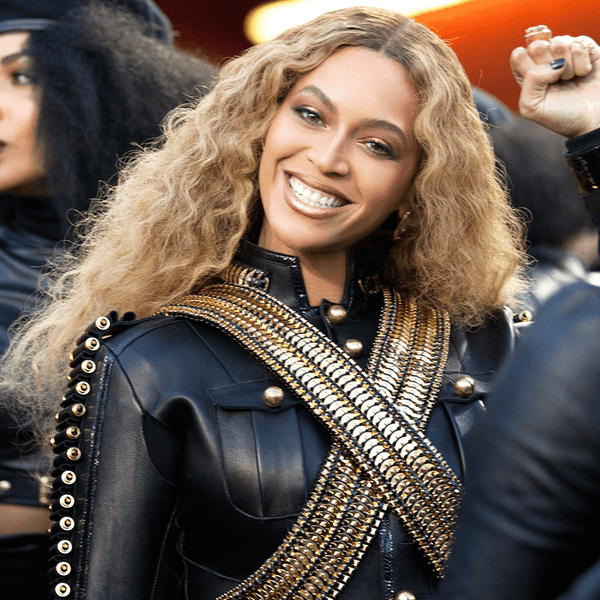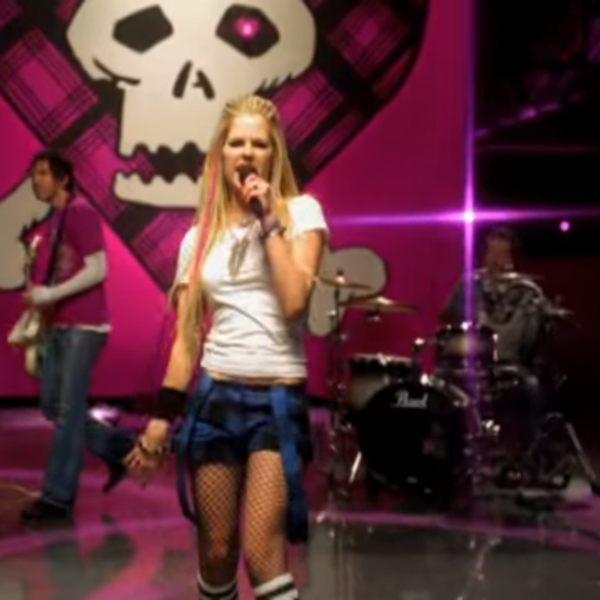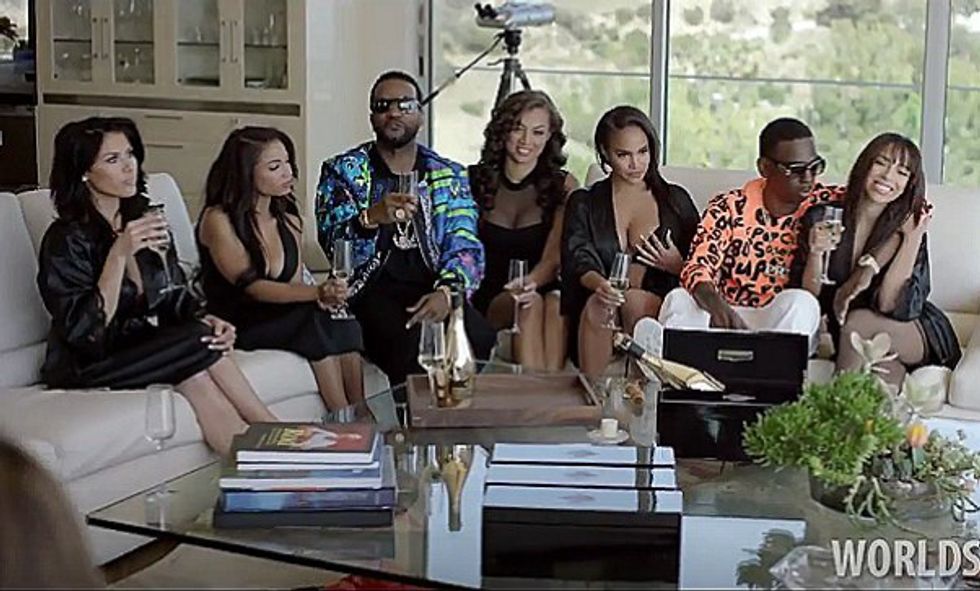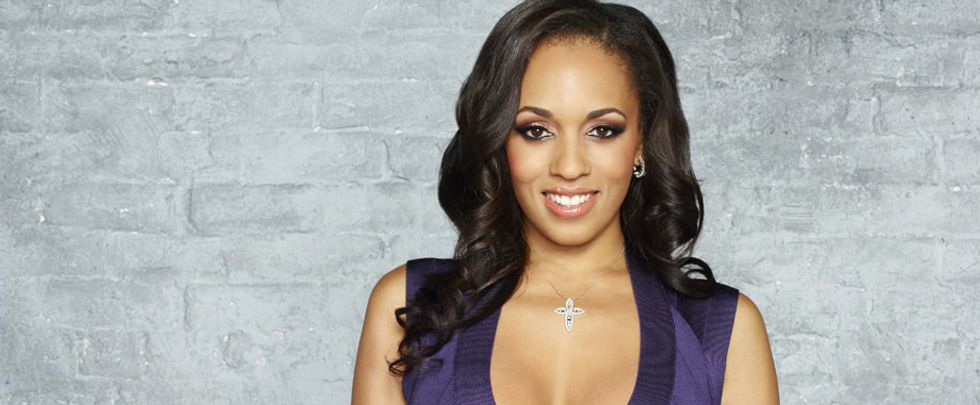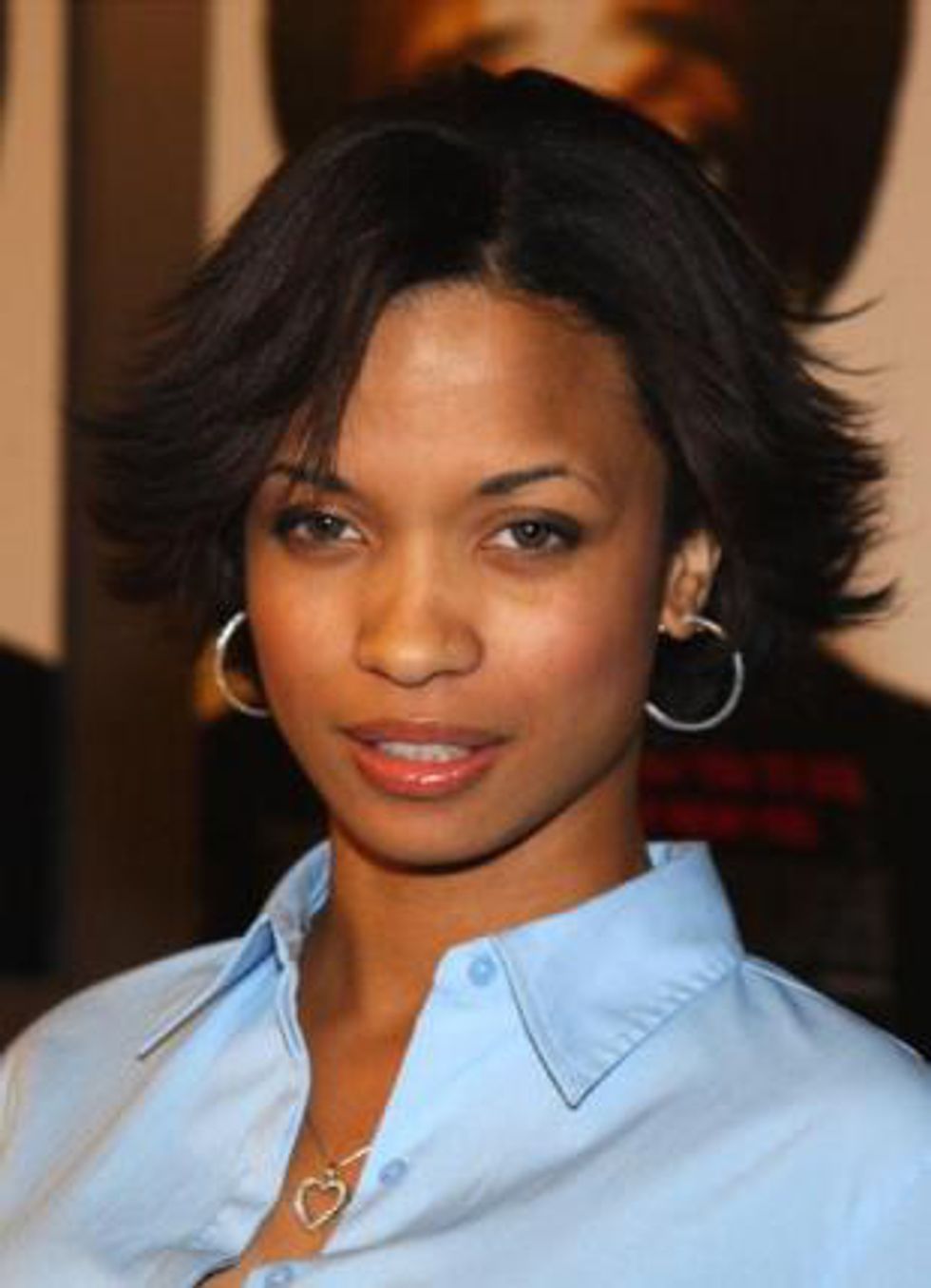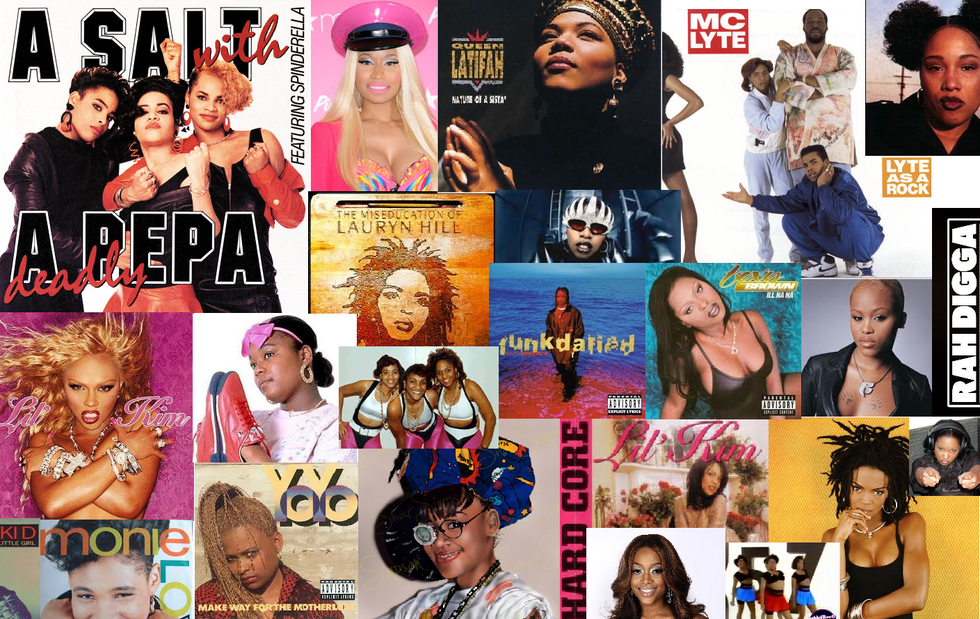Hip Hop has been a historically male industry. There is nothing wrong with the way Hip Hop is structured. It is very necessary for the black community and definitely does more good then harm. However, one downside to Hip Hop is that has been very sexist. It is true that Hip Hop is a necessary mode of communication within the black community to uplift each other and fight white supremacy, and it is a very entertaining genre. We should be proud of it. However, we need to be more critical of the sexist aspects of hip hop, besides just videos, and examine why they are so sexist, and what compromises could occur to end sexism within Hip Hop and the industry as a whole. One huge issue related to sexism in the industry are the portrayal of women in music videos. They are used as "walking bling," and adornments which symbolize a man's wealth and success. It is okay to have beautiful women in a music video, but they need to be more than just an accessory.
In a 2007 interview with video vixen Melissa Ford, rapper Irv Gotti, Author and Activist Kevin Powell, and Radio Host Kendra G, it was agreed upon by three out of four of them that hip hop had a lot of sexism within it. Irv Gotti disagreed, stating that he feels good about putting women in his videos because it allows for the most entertainment as possible, for the man who has to work hard shifts at work to come home, sit back, and watch. Irv Gotti justified his opinion as caring about the fan and their leisure. Kendra G stepped in saying that it affects women, because many young girls are watching and getting the impression that being beautiful is the only thing that they should strive for.
There are definitely many outside opinions, but what are video vixens thinking? Oftentimes, their thoughts are parallel to outspoken feminist activists! They are just working in the system, giving them a unique advantage to improving it. Melissa Ford, a vixen who was in videos from Shake Ya Ass by Mystikal to You Don't Know My Name by Alicia Keys, has used her work to gain more opportunities. She was a host of two shows in the 2000s and now is in a reality show titled Blood Sweat and Heals where her life as a real estate agent is depicted. However, the most important thing that she has done was appear in interviews from CNN to B.E.T. where she talked about her experiences as a video vixen and the flaws surrounding the Hip Hop's over use of females in their videos.
In the 2007 interview, she stated how girls have to fight for the attention because there are up to 90 women on the set willing to do anything to get camera exposure. For most women in a music video, they do not get much airtime and it does not elevate them to other opportunities. Kevin Powell chimed in saying that you can still have females in a video, but there has to be a balance between that and other themes like in the early 1980s and 1990s.
My personal opinion is that there is nothing innately wrong with women being proud of their sexuality in videos and entertaining men, but having the whole video depict fifty women shaking their asses in front of the camera, when men are not doing the same thing is just wrong.
The biggest example of a woman who reports the industry's inside to the outside is Karrine Steffans. Her whole career is now based off of it. She became a video vixen in the late 90s and had many high profile hook-ups and relationships with celebrities such as JaRule, P. Diddy, Bobby Brown, and Bill Maher. From working in the system to create change she created her 2005 book, titled Confessions of a Video Vixen in which she attacks the double-standards hip hop has towards women. She states that women cannot be too sexual, but if they are not sexual enough they are ignored. She also talked about other dangers of the hip hop industry for women, both video vixens and rappers alike.
In 2007, after the release of her first book, she started traveling to colleges to speak about these issues. Spreading awareness of every negative thing hip hop does towards women through numerous outlets puts more pressure on the hip hop industry to stop having so much sexism within it. Overall, having women like Ford and Steffans who have seen the industry from the inside reporting on it to the outside will put more pressure on the hip hop industry to change. So if my daughter in 2050 told me she was going to be in a rap video, then I would say go for it and "shake ya ass" as Mystikal would say. Since, I do not think the women in the videos are the issue, the issue is the structure of hip hop and how it treats its women. I feel that intelligent women need to keep being in music videos to bring about change within the inside. And plus, it is fun.
I have talked a lot about video girls, but what about female rappers? The glory days of female rap came about in the 1990s with Missy Elliot, Lil Kim, Foxy Brown, Yo-yo, Queen Latifah and many more. However, now there is just Nicki Minaj and Iggy Azalea. How have we gone backwards? One way to make hip hop possibly safer for women is if there were more female rappers so it is not such a patriarchy. However, even when more women were rapping, they had to have a male mentor; for example, Lil Kim who became famous through Notorious B.I.G. It would change the hip hop industry significantly to not just see more female rappers, but see women getting more opportunities to have leadership roles within record labels and making their own labels. This will help make it less sexist.
Here is a link if you want to learn more about being a video-vixen!

